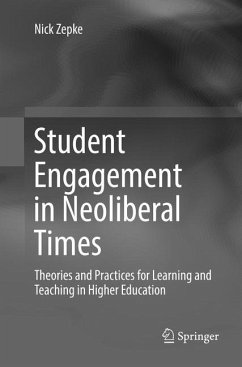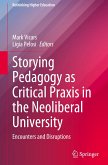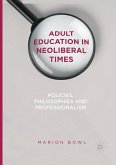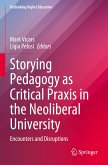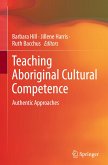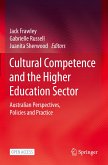This book investigates origins, meanings, uses and effects of student engagement in higher education, and addresses three core questions: (1) Why is student engagement so visible in higher education today? (2) What are its dominant characteristics? (3) What is missing in the popular view of student engagement? These questions pave the way for a fresh approach to student engagement.
The book argues that an elective affinity between student engagement and policies embedded in neoliberalism, the dominant ideology of the early 21st century, enables student engagement to transcend diverse intellectual and practice contexts. This affinity encourages quality learning and teaching that enables student to succeed in their studies and future careers.
The book shows that focusing on neoliberal objectives for learning and teaching limits the potential of student engagement in higher education. This conclusion leads to a critical and practical social-ecological perspective that approaches engagement more as a pathway to social justice than as a list of techniques.
This book is a work of critical scholarship backed by empirical research. It questions accepted theories and practices and offers fresh insights into student engagement in higher education, including how engagement could promote social justice.
The book argues that an elective affinity between student engagement and policies embedded in neoliberalism, the dominant ideology of the early 21st century, enables student engagement to transcend diverse intellectual and practice contexts. This affinity encourages quality learning and teaching that enables student to succeed in their studies and future careers.
The book shows that focusing on neoliberal objectives for learning and teaching limits the potential of student engagement in higher education. This conclusion leads to a critical and practical social-ecological perspective that approaches engagement more as a pathway to social justice than as a list of techniques.
This book is a work of critical scholarship backed by empirical research. It questions accepted theories and practices and offers fresh insights into student engagement in higher education, including how engagement could promote social justice.
"This book is beneficial in that it provides alternative directions for developing brand-new student engagement from critical and emancipatory perspectives. If you are devoted to developing your own engagement pedagogy far away from the influence of the elective affinity, keen on critical analyses in education, or seek a path to achieve a more just society, then this book is meant for you." (Si-Yao Wang and Ya-Ting Huang, Higher Education, Vol. 78, 2019)

